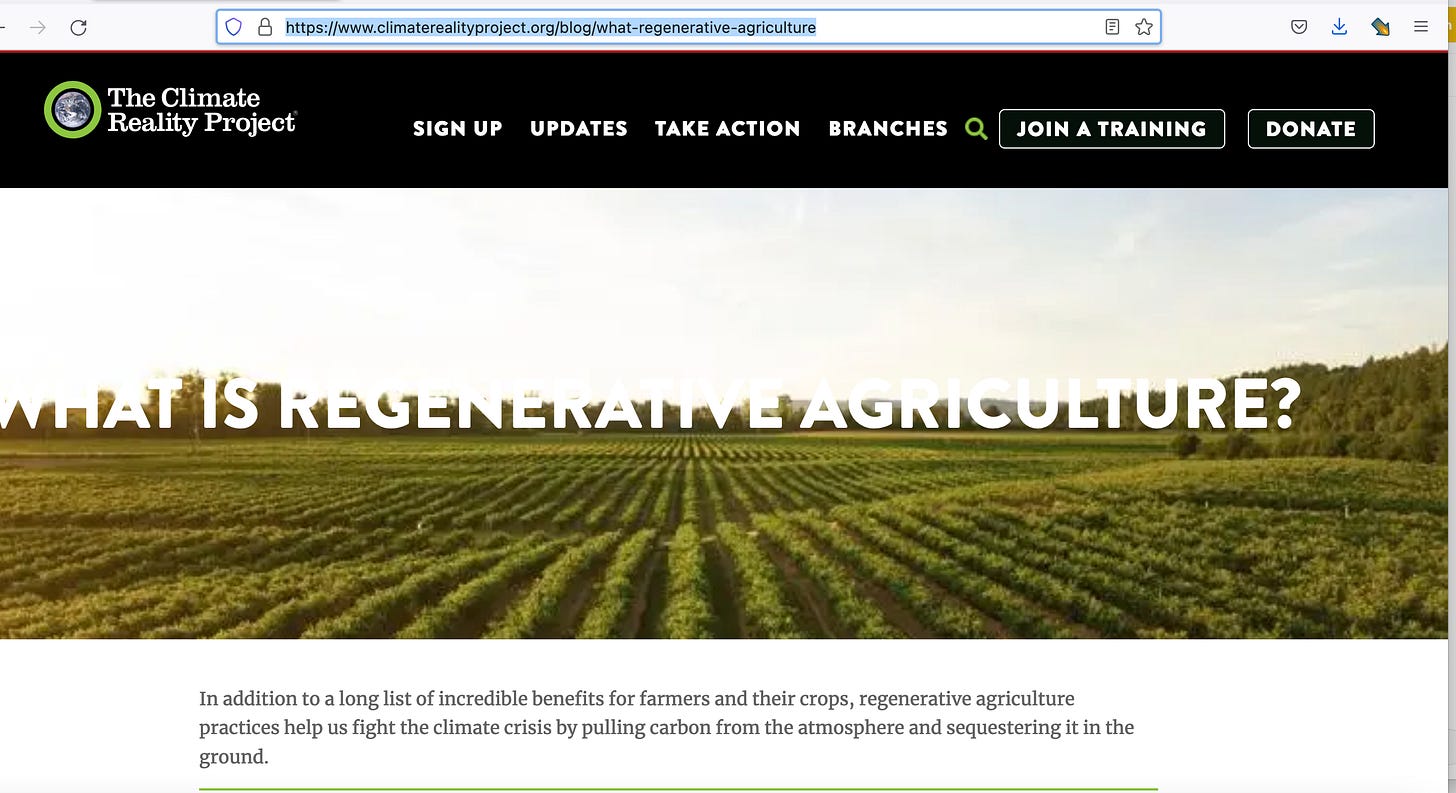Regenerative agriculture is a weak point of mine. I don’t really know a lot about it other than that doing anything to the soil (ploughing, digging, churning) is considered ungodly (in which case I’m going to have to repent after this mornings efforts). As I understand it, it has a lot of support from the World Economic Forum (WEF). I even went searching for James on my WEF list after his comment on it (no he doesn’t seem to be there).
I expect that Frank and Rick know something about it so I’m, taking my cue from Ray Horvath, going to pass this one over to subscribers for their views on it in the comments. I’ll add some of those in to this post if agreed. Think of it as a community written post as I lack the time to investigate it more.
And what prompted this segue.
Keep reading with a 7-day free trial
Subscribe to Plebeian Resistance to keep reading this post and get 7 days of free access to the full post archives.



